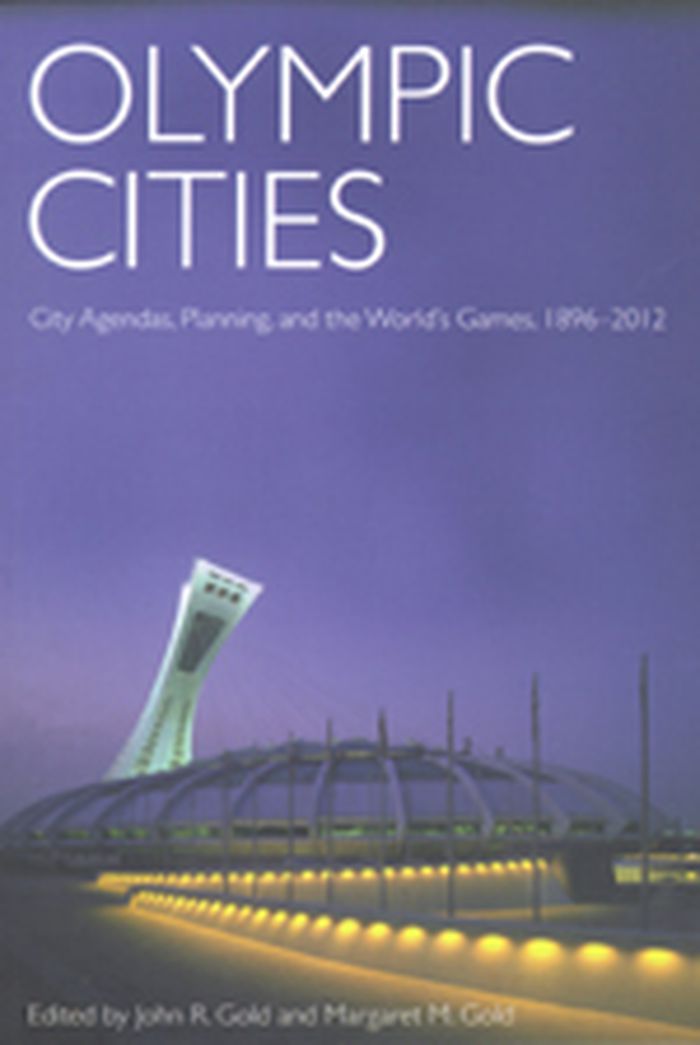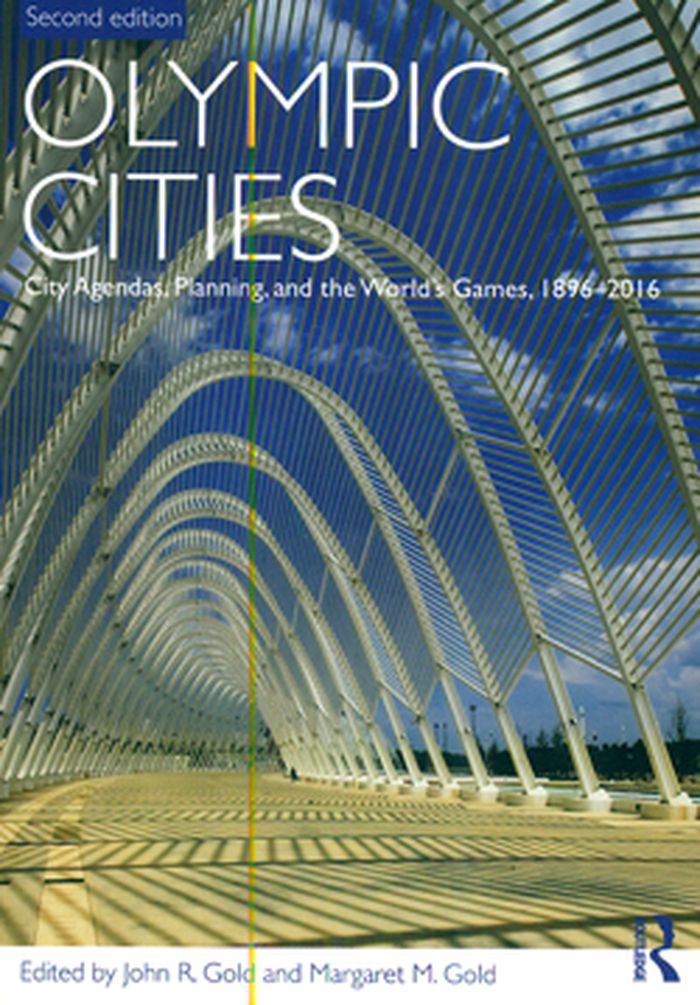$51.95
(disponible sur commande)
Résumé:
"Olympic cities" provides the first full overview of the changing relationship between cities and the Olympic events since 1896. With eighteen specially commissioned and original essays written by a team of authors from the U.K. and overseas, it explores the historical experience of staging the Olympics from the point of view of the host city.
Olympic cities : city agendas, planning, and the World's games, 1896-2012
Actions:
Prix:
$51.95
(disponible sur commande)
Résumé:
"Olympic cities" provides the first full overview of the changing relationship between cities and the Olympic events since 1896. With eighteen specially commissioned and original essays written by a team of authors from the U.K. and overseas, it explores the historical experience of staging the Olympics from the point of view of the host city.
Théorie de l’urbanisme
Olympic cities, 2nd edition
$59.50
(disponible sur commande)
Résumé:
Providing a full overview of the changing relationship between cities and the Olympic events, this substantially revised and enlarged edition builds on the success of its predecessor. Its coverage takes account of important new scholarship as well as adding reflections on the experience of staging Beijing 2008 and Vancouver 2010, the state of preparations for London 2012,(...)
Olympic cities, 2nd edition
Actions:
Prix:
$59.50
(disponible sur commande)
Résumé:
Providing a full overview of the changing relationship between cities and the Olympic events, this substantially revised and enlarged edition builds on the success of its predecessor. Its coverage takes account of important new scholarship as well as adding reflections on the experience of staging Beijing 2008 and Vancouver 2010, the state of preparations for London 2012, and the plans for the Games scheduled for Sochi in 2014 and Rio de Janeiro 2016. The book is divided into three parts that provide overviews of the urban legacy of the four component Olympic festivals; systematic surveys of five key aspects of activity involved in staging the Olympics; and ten chronologically arranged portraits of host cities. As controversy over the growing size and expense of the Olympics continues, this timely assessment of the Games’ development and the complex agendas that host cities attach to the event will be essential reading for urban and sports historians, urban geographers, planners and all concerned with understanding the relationship between cities and culture.
Théorie de l’urbanisme

